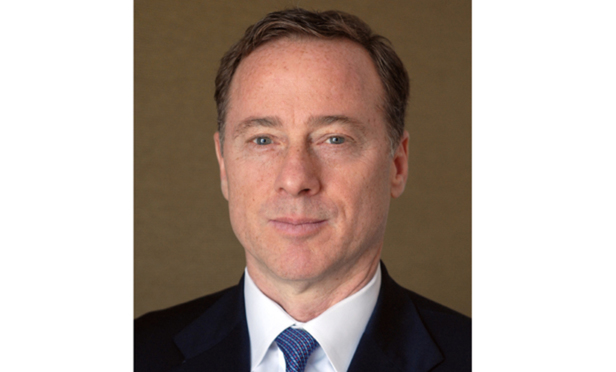In the aftermath of recent grand jury decisions not to indict law enforcement officers in New York and elsewhere, nationwide protests have erupted, questions have been raised about federal and state grand jury processes, and legislation has been proposed in New York to address concerns about prosecutorial conflicts. Grand jury practice is by nature shrouded in secrecy and remains somewhat mysterious to the public. And the appearance of a conflict between prosecutors and police officers subject to grand jury investigation has been a primary focus of the protests and the proposed legislation. This article will briefly explain the history and purposes of the grand jury, highlight the differences between federal and New York state practice, address the prosecutor-law enforcement conflict issue and review the legislation designed to ameliorate it.
History and Practice
The U.S. Supreme Court has described the grand jury’s historic function as being the “protector of citizens against arbitrary and oppressive governmental action.”1 Judicial scholars generally ascribe the origination of the grand jury system to the Assize of Clarendon, an enactment issued by King Henry II in 1166.2 The Assize provided for a jury of 12 men from every village to examine claims of crimes affecting the local community brought by sheriffs, private citizens or the jurors themselves. Under the Assize, anyone arrested had to be tried in the King’s Court, thereby stripping the ecclesiastical courts and feudal barons of their long-standing control over judicial matters.3
This content has been archived. It is available through our partners, LexisNexis® and Bloomberg Law.
To view this content, please continue to their sites.
Not a Lexis Subscriber?
Subscribe Now
Not a Bloomberg Law Subscriber?
Subscribe Now
LexisNexis® and Bloomberg Law are third party online distributors of the broad collection of current and archived versions of ALM's legal news publications. LexisNexis® and Bloomberg Law customers are able to access and use ALM's content, including content from the National Law Journal, The American Lawyer, Legaltech News, The New York Law Journal, and Corporate Counsel, as well as other sources of legal information.
For questions call 1-877-256-2472 or contact us at [email protected]



